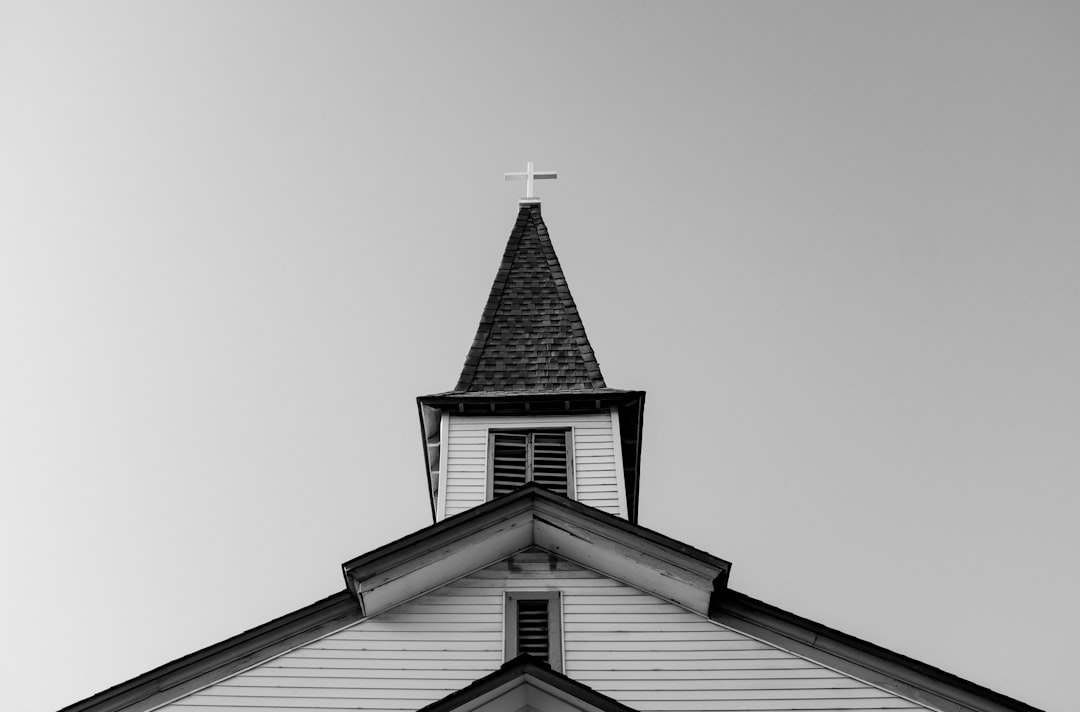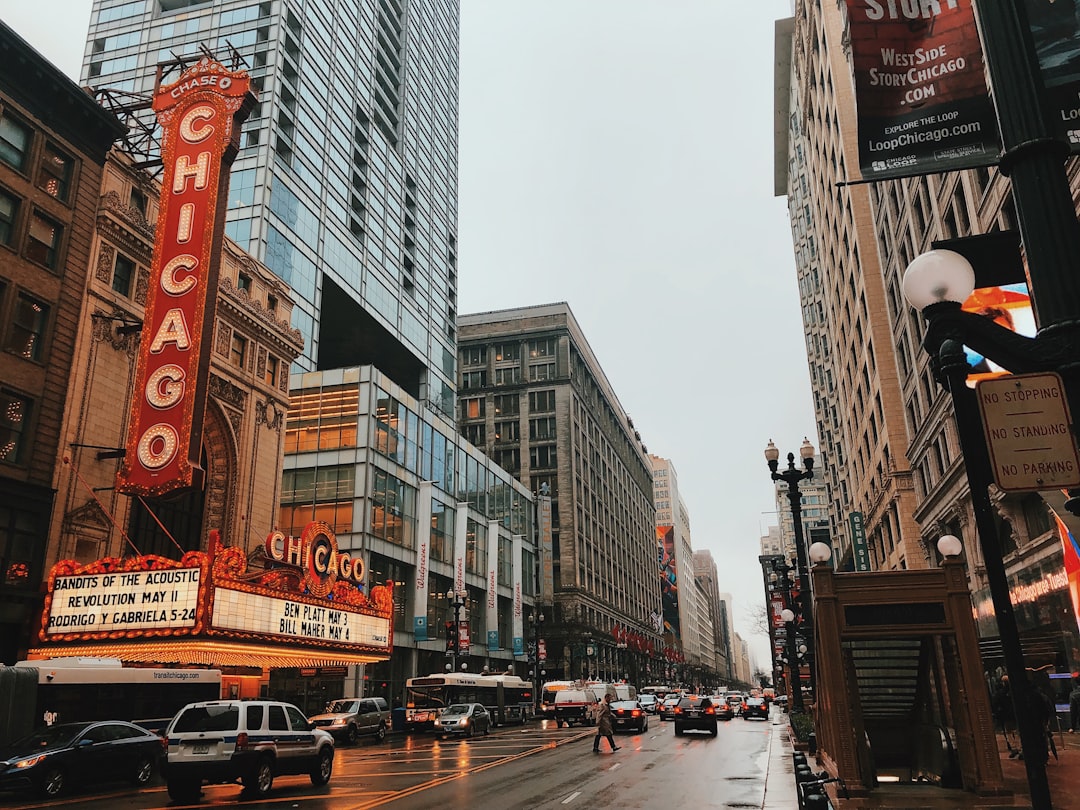Clergy abuse, especially involving children in Illinois, demands expert legal handling. Specialized clergy abuse attorneys navigate complex laws and church policies to offer closure, accountability, and compensation to survivors. These professionals gather vital evidence, ensuring compliance with statutes of limitations, and provide emotional support while pursuing justice against religious leaders. Their goal is to achieve fair resolutions, protect victims' rights, and prevent future abuse through strategic litigation and awareness. For Illinois residents seeking clergy abuse attorney services, specialized legal guidance is crucial for a successful outcome.
In Illinois, where the legal system is designed to protect victims of all types of abuse, it’s crucial for survivors of clerical abuse to know their rights. This comprehensive guide explores the complexities of seeking justice with a focus on the role of a dedicated clergy abuse attorney in Illinois. From understanding the profound impact of such trauma to navigating the legal process and collecting evidence, this article is your starting point in the journey towards healing and accountability.
Understanding Clergy Abuse and Its Impact

Clergy abuse, especially involving children, is a grave issue that demands attention and justice. When individuals in positions of spiritual authority exploit their power, it can lead to profound psychological trauma for the victims. Many survivors of clergy abuse struggle with long-lasting effects such as anxiety, depression, and difficulty forming trusting relationships.
In Illinois, seeking legal counsel from a dedicated clergy abuse attorney is crucial for those who have been harmed by religious leaders. These attorneys specialize in navigating complex legal systems and understand the unique challenges associated with these cases. They help victims find closure, hold perpetrators accountable, and secure compensation for the pain and suffering endured.
The Role of an Illinois Priest Abuse Lawyer

In cases of clergy abuse, particularly involving children or vulnerable individuals within the Catholic Church in Illinois, an experienced priest abuse lawyer plays a pivotal role in advocating for justice and healing. These attorneys specialize in navigating complex legal landscapes surrounding church law, state statutes, and institutional policies. They work tirelessly to protect the rights of victims, ensuring they receive the support and compensation they deserve while holding the responsible parties accountable.
An Illinois clergy abuse attorney is an expert in uncovering and presenting evidence related to sexual misconduct within religious institutions. They have a deep understanding of the unique challenges faced by survivors of such trauma, offering specialized legal counsel tailored to their needs. Through strategic litigation or alternative dispute resolution, these lawyers strive to secure resolutions that not only provide financial restitution but also contribute to systemic changes aimed at preventing future abuse.
Legal Process for Filing a Suit Against the Church

When filing a lawsuit against a church or religious organization for clergy abuse in Illinois, it’s crucial to understand the legal process. The first step is to consult with an experienced clergy abuse attorney who specializes in such cases. They will guide you through the unique challenges and legal intricacies involved. Your attorney will gather evidence, including any documentation of the abuse, witness statements, and relevant church policies or procedures.
They will then review Illinois’s statutes of limitations for personal injury claims to ensure your case is within the legal time frame. The next phase involves filing a complaint with the appropriate court, stating the allegations against the church and seeking the remedies you believe are justified. This process requires meticulous attention to detail and adherence to strict procedural rules, which is where your attorney’s expertise becomes invaluable.
Evidence and Document Collection in Clergy Abuse Cases

In clergy abuse cases, gathering robust evidence and documents is paramount to building a strong legal strategy. As many incidents involve sensitive and often traumatic experiences, it’s crucial to engage experienced lawyers who understand the unique challenges. A competent clergy abuse attorney in Illinois will meticulously collect and preserve evidence such as medical records, counseling notes, police reports (if applicable), and any available witness statements. These documents not only support the victim’s account but also help establish a pattern of behavior for the accused priest.
Additionally, digital evidence plays a significant role in modern cases. Emails, text messages, and social media communications can serve as critical pieces of evidence. Furthermore, church records, including personnel files, financial records, and records of discipline or training sessions, can provide insights into the institution’s knowledge or complicity in the abuse. A skilled clergy abuse attorney in Illinois will know how to navigate these complex legal issues and ensure that all relevant information is discovered and used effectively.
Supporting Survivors and Seeking Justice

Supporting survivors is a core aspect of our work as clergy abuse attorneys in Illinois. When individuals have suffered at the hands of religious leaders, they often face unique challenges when considering legal action. Our team understands the sensitivity and complexity of these cases, offering a safe space for victims to share their stories and receive emotional support. We collaborate closely with survivors to navigate the legal process, ensuring their voices are heard and their rights protected.
Seeking justice goes hand in hand with supporting survivors. As Illinois clergy abuse attorneys, we strive to hold accountable those who have exploited their positions of power. Through meticulous investigation and strategic litigation, we aim to secure justice for victims and prevent future abuse. Our goal is not only to achieve fair compensation but also to raise awareness about the issue, fostering a culture where such misconduct is not tolerated.




